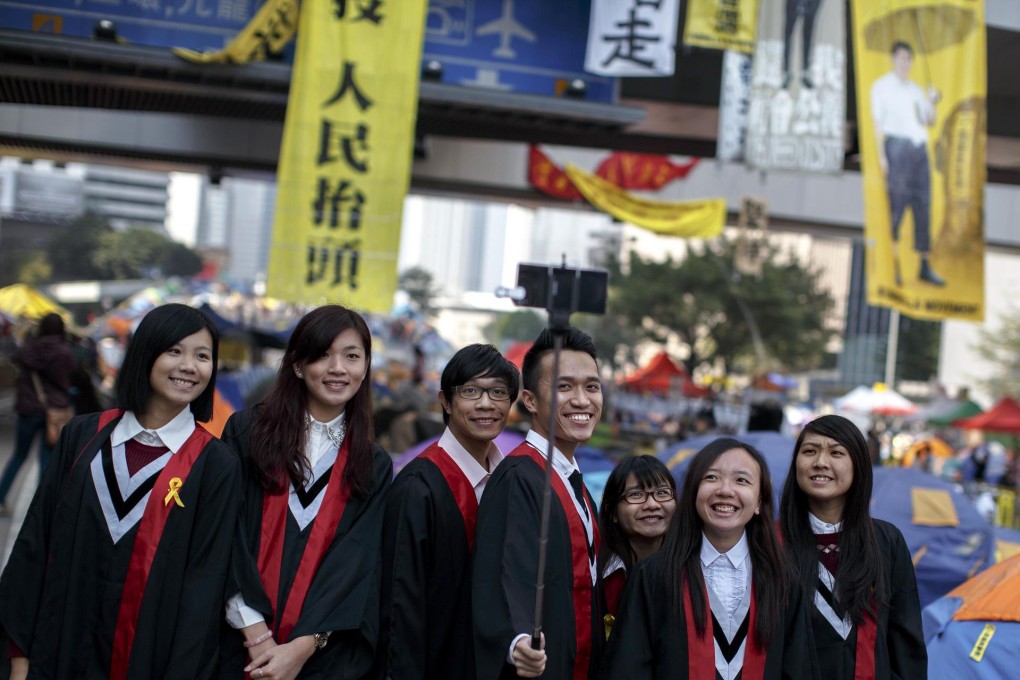Why we need more liberal studies in Hong Kong schools, not less
As fingers point to study of the subject as the catalyst for the recent Occupy movement and calls go out for its scrapping, a more reasoned approach may be to fine-tune its contents and enhance the current supportive measures for schools

The recent Occupy movement has led some to accuse liberal studies as the culprit that instigated the student movement and say it should therefore be scrapped, drastically reformed or made an optional subject. Such reactions coincide with the Education Bureau's new academic structure medium-term review and invite attention. How this subject should be viewed, how its contents changed and how they should be delivered and assessed is worthy of in-depth discussion, especially in the present context.
To review its worth, one needs to go back to the original thinking. In fact, it has gone a long way from initially aiming for a balanced understanding of both arts and science contents to becoming instrumental in helping students achieve the learning outcomes as envisaged by the education reform.
To prosper in a knowledge-based economy and first-rate metropolis, our students require qualities such as critical, reflective and independent thinking skills, the ability to look at local and global issues from multiple perspectives and the willingness to practise responsible citizenship with a sense of global and national identity.
Liberal studies, designed with such qualities in mind, includes in its curriculum structure three areas of study, six modules and an independent enquiry study. The three areas of study, which cover "self and personal development", "society and culture" and "science, technology and environment", represent "broad areas of concern about the human condition and the contemporary world", while the modules cover themes such as personal development and interpersonal relationships, Hong Kong today, modern China, globalisation, public health and energy technology and the environment. All of these necessitate learning both concrete knowledge of such issues as well as the skills to apply it in an integrated and well-reasoned manner.
Teachers have to help students - through pedagogical means such as discussion, debate, presentations, forums, web-based research, visits, and so on - to grasp the basic understandings of the issues, use the acquired knowledge to frame arguments or presentations from multiple and interdisciplinary perspectives, and communicate them in an effective manner. Students are also required under teachers' guidance to do an independent, rudimentary kind of research, the skills of which are helpful for further studies.
Given the subject contents and the pedagogical approach, liberal studies is an innovative, important, effective and relevant means, among others, to achieve the desired learning outcomes. If Hong Kong is to emerge as a top world city, we need more liberal studies, taught more effectively, to prepare our students for the future.